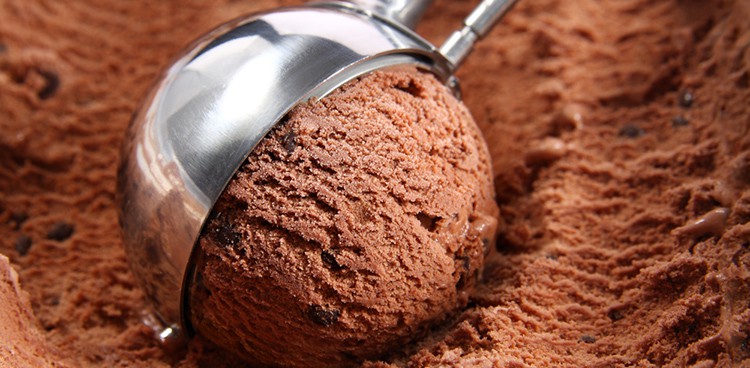
Blue Bell Creameries, a family-owned company that distributes ice cream to about half of the country, has issued a recall on all of its products due to Listeria contamination. The company issued a smaller recall in March after discovering Listeria in one line of products, but after tests confirmed the bacteria was present in two half gallons of chocolate chip cookies dough, Blue Bell decided to pull all products from the shelves. They have also suspended operations at their Oklahoma plant.
In total, ten cases of listeriosis have been confirmed: three in Texas, five in Kansas, one in Oklahoma, and one in Arizona. Three of the affected people in Kansas died. In four of the Kansas cases, the Listeria infections can be traced back to milkshakes made with Blue Bell ice cream they ate while in the hospital.
Using whole genome sequencing, the CDC has been able to track the bacteria more precisely than they were able to in the past. Because Listeria can linger in the system for days before symptoms appear, it’s difficult to trace the origin of the bacteria. In the Blue Bell case, the CDC has been able to confirm that cases of listeriosis up to five years ago are linked to Blue Bell products.
Listeria has long been a concern in the dairy world, particularly for raw milk and raw milk cheeses. In an interview with culture, microbiologist Catherine Donnelley explained that Listeria monocytogenes is a tricky bacteria for cheesemakers because it creates a biofilm around itself that protects it from normal sanitizers and because it can grow in refrigerated environments. Heating your milk will kill the bacteria but won’t guarantee your cheese is safe. Donnelley explains,
It is not heat resistant, so with proper cooking and pasteurization, you can kill Listeria. But even if someone is making cheese with pasteurized [heated] milk, that’s not necessarily a safeguard because the source of Listeria is most often in the cheesemaking environment, not in the milk. So cheeses made from either pasteurized or raw milk can be contaminated.
That’s why it’s important for all cheesemakers and dairy producers to be vigilant about the threat of Listeria no matter whether their products are pasteurized or not. Soft-ripened cheeses are at a higher risk than hard cheeses, but everyone takes the risk seriously.
This is the first recall in Blue Bell’s 108-year history. CEO and President Paul Kruse apologized in a video statement, saying they were “heartbroken” by the news and promising products wouldn’t go back on the shelves until proven completely safe. For now they are a pursuing a “test and hold” system, which means all products will be held in storage until testing proves they are safe and then will be sent out to retailers.
Feature Photo Credit: “Chocolate ice cream scoop” by Gtranquillity | Shutterstock



